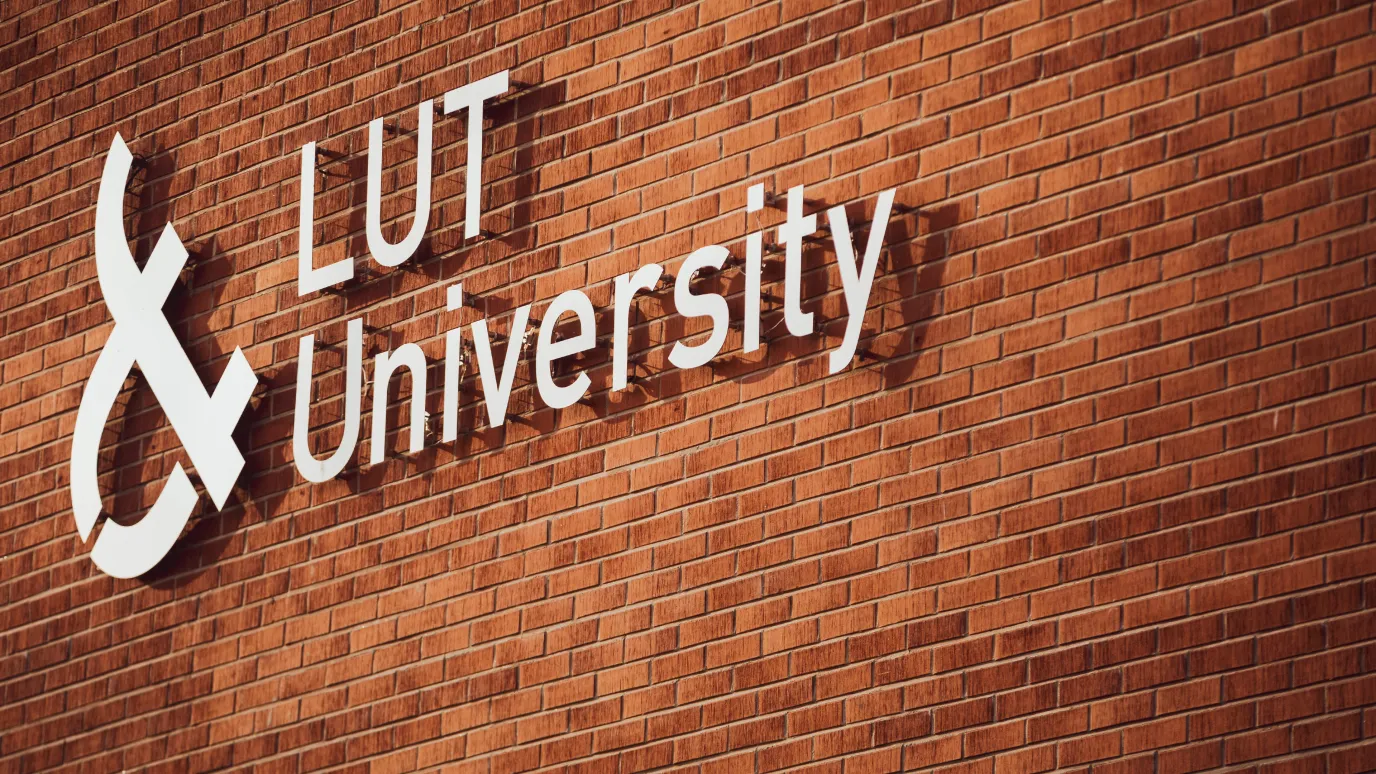The newsletter is your guide to what's happening on LUT campuses and the student community as well as to bachelor's and master's programmes updates and admission instructions. Newsletters will be delivered to your email once a month.
Real-world challenges in science and engineering require a multidisciplinary approach combining mathematical modelling, algorithms and data. This need for a diverse skill set is particularly relevant for today's grand challenges such as climate change or artificial intelligence. Tomorrow, our world will be even more data-driven, with a constant flow of information being generated and analysed.
The Bachelor’s Programme in Computational Science and Artificial Intelligence blends studies in mathematics and computer science, providing students with the essential skills to become future computational experts.
Our programme is a perfect fit for students who possess a computational mind-set, love tackling challenging problems, and can’t resist exploring innovative ideas.
Admissions guide 2026
What will you learn in the programme?
The bachelor's programme equips you with skills to tackle real-world problems and develop effective solutions using algorithms. Additionally, you will learn to extract valuable insights and knowledge from the vast sea of data. By understanding how to collect, analyse and interpret data, we can make informed decisions, optimise processes, and drive innovation in various sectors.
During your studies, you will build a solid foundation in mathematics, computer science, and natural sciences. You will explore fascinating areas such as statistical analysis, machine learning, and artificial intelligence, delving into the frontiers of modern technology and expanding your knowledge in these cutting-edge fields.
Degree structure and studies
The Bachelor’s Programme in Computational Science and Artificial Intelligence takes three years and leads to the degree of Bachelor of Science in Technology, B.Sc. (Tech.), which is 180 ECTS credits.
The programme includes general, intermediate specialisation, minor and language studies as well as a bachelor's thesis at the end of the studies. Read more in this academic year’s curriculum.
After completing a bachelor's degree in this programme, you can continue your studies in the following master's programmes at LUT:
Career prospects
Graduating from our bachelor’s programme opens up exciting career opportunities in various fields. With a strong foundation in mathematics, computer science and data analysis, you will be well-prepared to succeed in a wide range of industries.
For instance, you can pursue jobs as a data analyst, data scientist, machine learning engineer, or AI specialist, where you will get to work with computational models, analyse large datasets, extract valuable insights, and create innovative solutions.
The demand for professionals with data-centric engineering skills is rapidly growing, and your skills will make you highly sought-after in fields such as engineering, finance, health care, or consulting.
These industries rely on data-driven decision-making, and your expertise in data-centric engineering will be invaluable.
Contact Admissions Services
The LUT Admissions Services are here to assist you in all matters related to applying to international bachelor's and master's programmes.
For questions about admission criteria or entry requirements, please reach out to us by email: admission@lut.fi.

Chat with our students
Do you want to know more about studying at LUT, student life, or housing on LUT's campuses?
For questions about admission to bachelor's or master's degree studies, please email admission@lut.fi.

